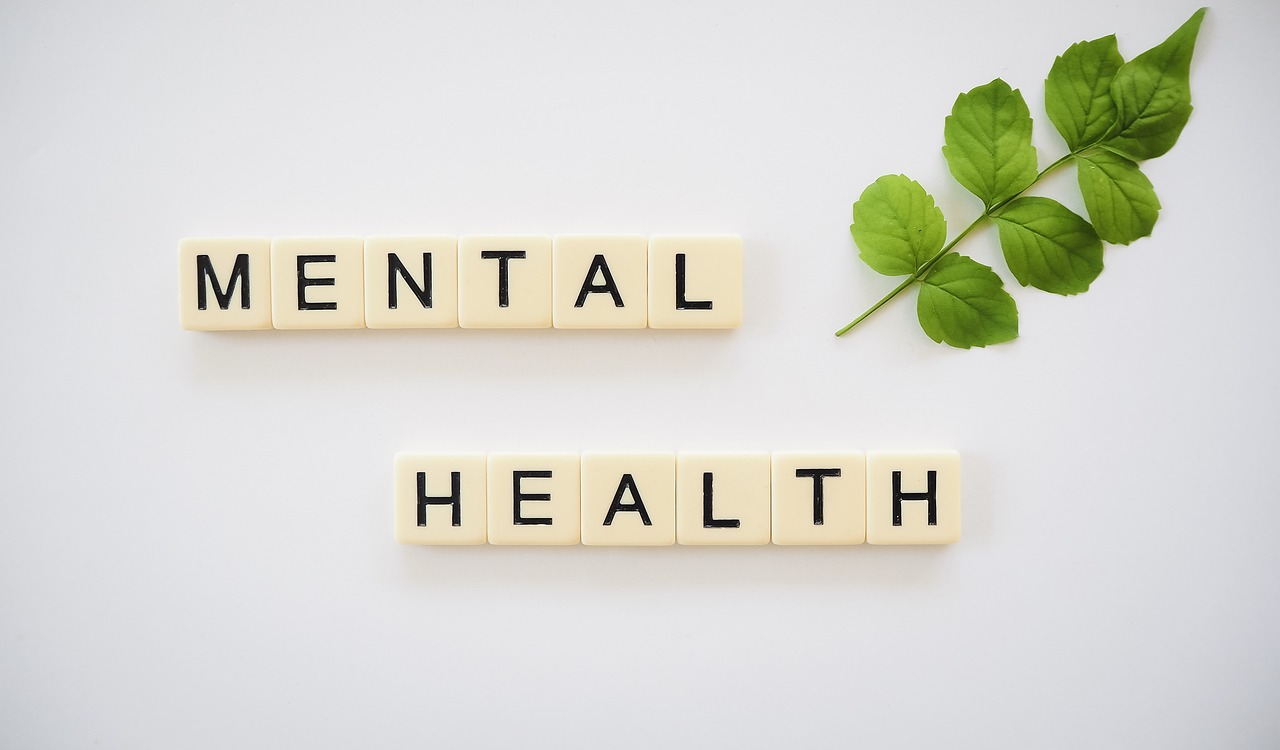Mental health is just as important as physical health—yet it’s often overlooked or misunderstood. In a world that moves fast and expects more from us every day, maintaining good mental health isn’t just a luxury—it’s essential.

Whether you’re managing daily stress, recovering from burnout, or simply looking to strengthen your emotional well-being, there are practical steps you can take to support your mental health. Let’s explore how.
1. Prioritize Sleep: Rest is Mental Medicine
Sleep is one of the most powerful tools for maintaining mental health. It affects mood, memory, focus, and emotional regulation. Without enough quality sleep, even minor problems can feel overwhelming.
Tips for Better Sleep:
- Stick to a consistent sleep schedule—even on weekends.
- Avoid screens at least 30 minutes before bed.
- Create a calming bedtime routine (e.g., reading, meditation, warm tea).
- Keep your bedroom dark, cool, and quiet.
Sleep isn’t wasted time. It’s your brain’s chance to reset.
2. Move Your Body Regularly
Physical activity doesn’t just improve your body—it boosts your mood. Regular exercise increases the production of endorphins and serotonin, which help combat anxiety and depression.
You don’t need a gym membership to benefit:
- Go for a walk during lunch.
- Try yoga or stretching at home.
- Dance to your favorite music for 10 minutes.
- Take the stairs instead of the elevator.
Aim for at least 30 minutes of movement most days of the week. Even small actions add up.
3. Stay Connected With Others
Social connection is one of the strongest predictors of mental well-being. Humans are wired to connect—and even a short conversation with a friend can lift your spirits.
Build your support system by:
- Calling or texting a friend regularly.
- Joining a club or hobby group.
- Volunteering for a cause you care about.
- Reaching out to someone you trust when you’re struggling.
It’s not about how many people you know—it’s about how supported and seen you feel.
4. Practice Mindfulness and Meditation

Mindfulness helps you stay grounded in the present moment, reducing overthinking and emotional overwhelm. Meditation, even for just five minutes a day, can significantly reduce stress and improve focus.
Easy ways to get started:
- Use a guided meditation app (e.g., Calm, Insight Timer).
- Try deep breathing exercises: inhale for 4 counts, hold for 4, exhale for 4.
- Spend time outside and notice the sights, sounds, and smells.
You don’t have to be a monk to meditate—just consistent and open-minded.
5. Fuel Your Brain With Good Nutrition
What you eat affects how you feel. Nutrient-rich foods can improve brain function, while too much sugar, caffeine, or processed food can leave you feeling sluggish or anxious.
Mental-health-friendly foods include:
- Leafy greens and colorful vegetables
- Whole grains
- Nuts and seeds (especially walnuts and flaxseeds)
- Omega-3 rich foods like salmon or chia seeds
- Probiotics (yogurt, kefir, fermented foods)
Stay hydrated, too—dehydration can affect mood and concentration more than we realize.
6. Set Healthy Boundaries
Learning to say “no” is a skill that protects your energy. Boundaries help you manage your time, prevent burnout, and stay emotionally safe in your relationships.
Tips for healthy boundaries:
- Be honest about your capacity.
- Don’t feel guilty for putting your needs first.
- Communicate clearly and kindly.
- Recognize red flags in toxic relationships.
Boundaries are not walls—they’re filters that let the good in and keep the harmful out.
7. Limit Your Digital Consumption
Social media, news overload, and constant notifications can drain your mental energy. Taking intentional breaks can give your mind room to breathe.
Ideas to try:
- Take a “screen-free” day each week.
- Turn off non-essential notifications.
- Unfollow accounts that make you feel anxious or unworthy.
- Replace scrolling with something mindful—like journaling or reading.
Digital detoxing doesn’t mean disconnecting from the world—it means reconnecting with yourself.
8. Find Purpose and Joy
Mental health isn’t just about reducing stress—it’s also about increasing joy, fulfillment, and meaning. When you spend time doing what matters to you, your mental resilience grows.
Reflect on:
- What brings you joy or sparks curiosity?
- What makes you feel proud or useful?
- How can you make time for creativity or service?
Purpose can be found in the small moments—caring for a pet, writing a poem, or helping a neighbor.
9. Seek Professional Support When Needed
It’s a sign of strength—not weakness—to ask for help. If you’re feeling persistently anxious, sad, or overwhelmed, don’t hesitate to talk to a mental health professional.
Counselors, therapists, and psychologists are trained to help you process what you’re feeling and find tools that work for you. Early support can prevent issues from becoming more severe.
Remember: You don’t have to wait until you’re in crisis to seek support.
10. Be Kind to Yourself
Lastly, treat yourself with the same compassion you’d offer a friend. You are allowed to have off days, to make mistakes, and to not have everything figured out.
Daily reminders:
- Speak kindly to yourself.
- Celebrate small wins.
- Let go of perfection.
- Give yourself permission to rest.
Mental health is a lifelong journey—and self-compassion is your most powerful companion along the way.
Final Thoughts
Maintaining mental health isn’t about doing everything perfectly. It’s about staying aware, being proactive, and caring for yourself with patience and intention. Small choices add up—and over time, they can lead to a stronger, calmer, more joyful version of you.
Start where you are. Use what you have. And remember, you’re not alone on this journey.
